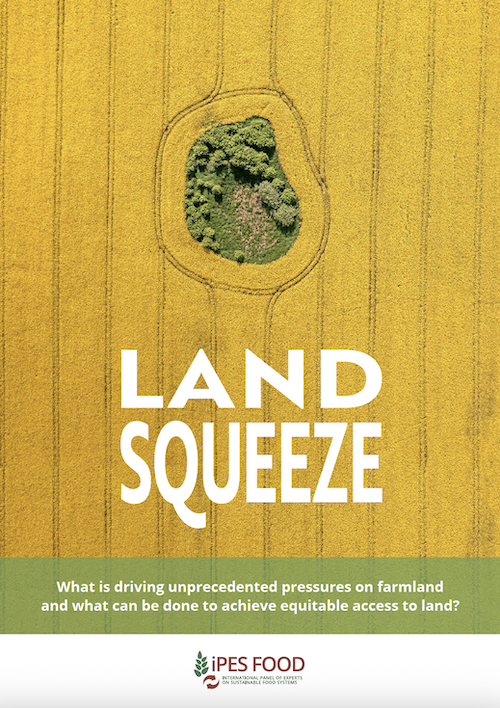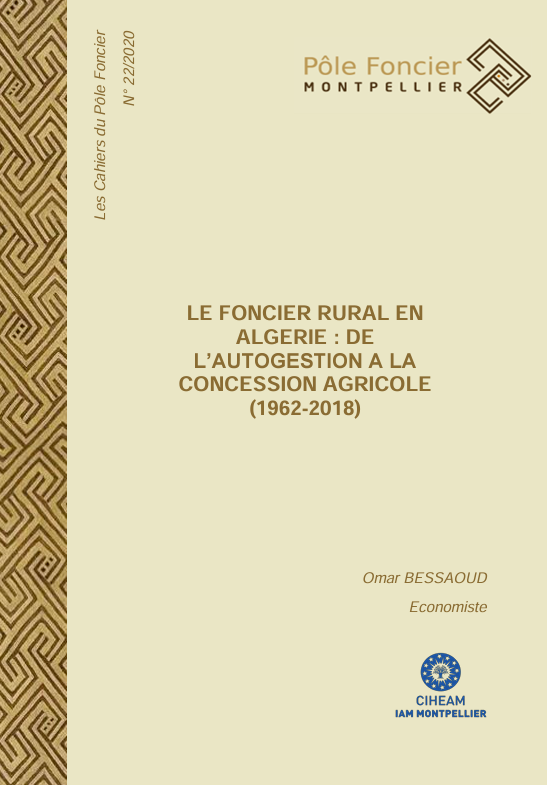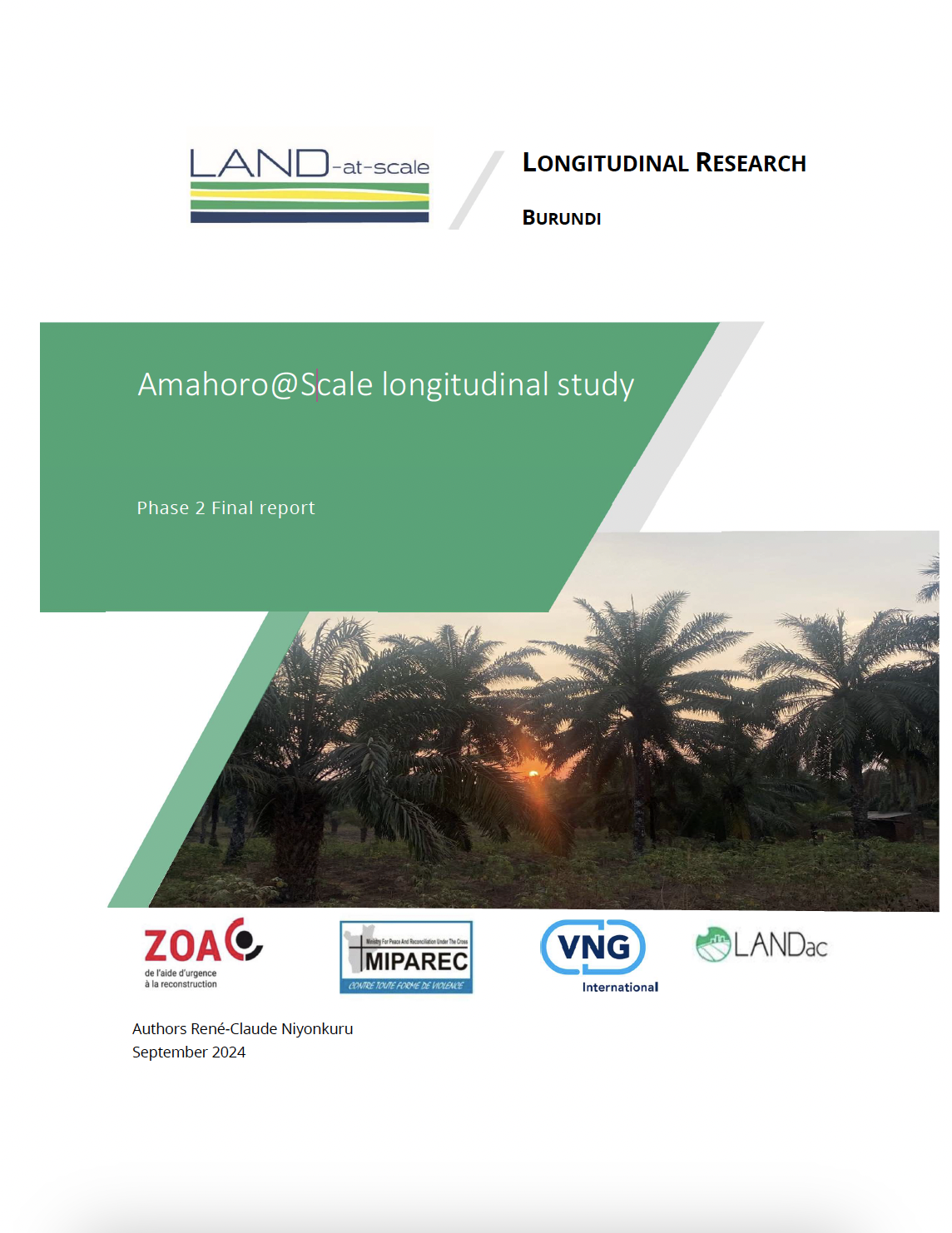Historical evolution of agrifood systems in Odisha, India
The TAFSSA CGIAR Initiative is hosting a series of webinars to highlight research from South Asia on food security, sustainable healthy diets, farmer livelihoods and resilience, and land, air, and groundwater conservation. For the ninth webinar on November 21, Dr. Anindita Sarkar (Professor at the Department of Geography at Miranda House, University of Delhi) will present.





